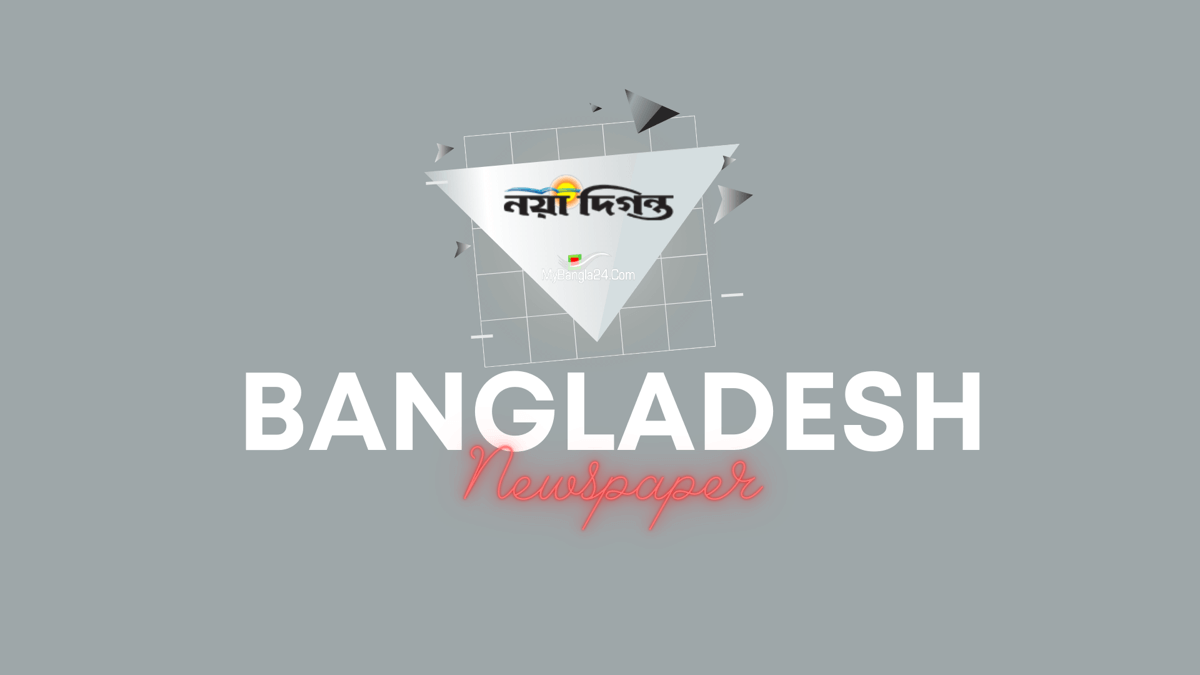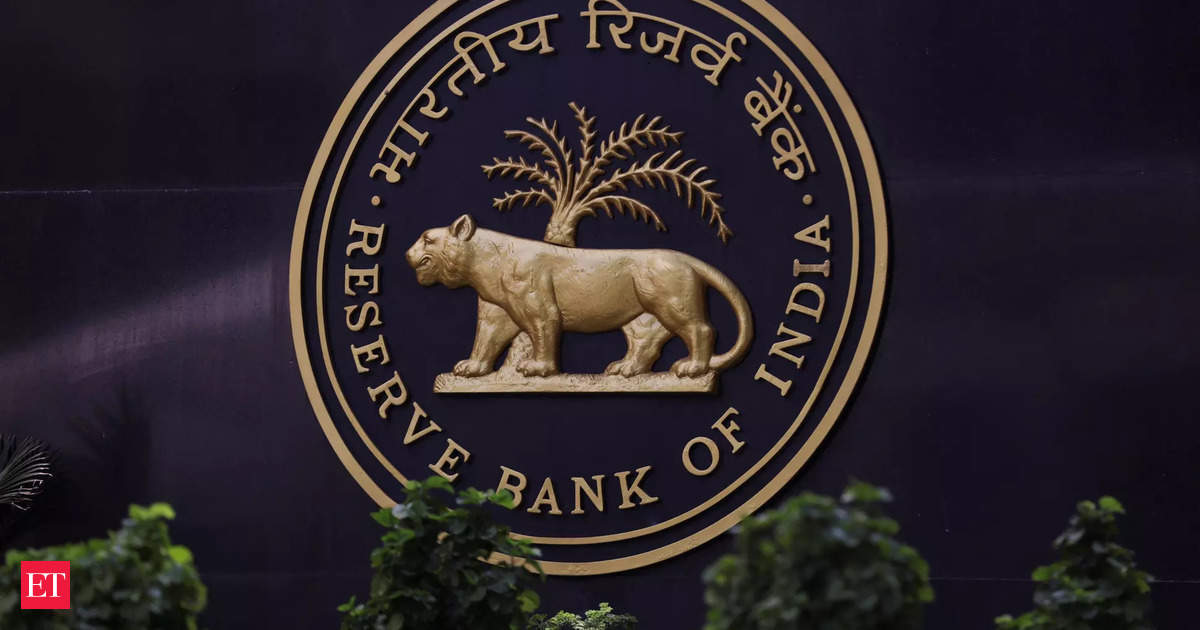Black_cats
ELITE MEMBER

- Joined
- Dec 31, 2010
- Messages
- 10,031
- Reaction score
- -5
Banking sector: Default loans surpass 1.5 trillion
Staff CorrespondentDhaka
Published: 02 Oct 2023, 02: 02
Defaulted loans between April and June surged by Tk 244.19 billion, resulting in the total amount of Tk 1.56 trillion (156,039 crores) by the end of June.
These defaulted loans represent 10.11 per cent of the disbursed loans in the banking sector.
Just three months earlier, defaulted loans were at Tk 1.31 trillion (131,620 crore) at the close of March.
When the Awami League came to power in 2009, the defaulted loans stood at Tk 224.81 billion. It has now skyrocketed to over Tk 1.5 trillion. In essence, defaulted loans have surged nearly sevenfold over a span of 14 years. This timeframe evidently proved advantageous for defaulters.
Meanwhile, Bangladesh Bank's efforts to reduce defaulted loans have proven unsuccessful despite numerous concessions.
The central bank spokesperson Mezbaul Haque informed Prothom Alo that defaulted loans have indeed increased. One contributing factor is the rise in defaulted loans across 31 banks, which is now reflected in the overall defaulted loan figures.
Some banks faced challenges in rescheduling loans, while others defaulted again after the initial rescheduling, he added.
For instance, Mezbaul said a bank had rescheduled a loan amounting to Tk 7 billion, only to default again due to the inability to meet installment payments. This highlights that certain sizable loans defaulted even after the rescheduling process. It's crucial to analyse additional factors that have played a role in this regard.
Previously, if a company within a business group defaulted, other affiliated companies were barred from obtaining loans. But for a new law, the situation might exacerbate in the days to come, experts noted.
The trend of growing defaulted loans
Due to the Covid-19 pandemic, customers were not defaulters throughout 2020 and 2021, even without making any installment payments.However, after the relaxation was lifted in 2022, there has been a noticeable trend of increasing defaulted loans in the banking sector since the beginning of this year. Given this situation and the fear of further increase in defaulted loans, Bangladesh Bank offered a discount on bank loan payments in June.
During that time, the central bank's notification stated that a client would not be classified as a defaulter if they deposited half of the loan installments by the following month of June.
Following Bangladesh Bank's decision, individuals at risk of defaulting on loans were given the opportunity to maintain their status as regular customers by depositing half of the required amount. This leniency was applicable specifically for term loans, which constitute nearly half of Tk 15 trillion loans in the banking sector.
However, despite these provisions, the issue of default loans persists and continues to rise. Bankers express concern that even reliable customers are losing motivation to repay loans due to the recurring implementation of discounts. This has resulted in a liquidity crisis in the banks, impacting their ability to disburse new loans.
In parallel, the Bank Company Act underwent amendments in the Jatiya Sangsad this year. Consequently, defaulters now have the chance to secure loans.
Experts anticipate that this new law might exacerbate the situation of defaulted loans in the days to come.
Previously, if a company within a business group defaulted, other affiliated companies were barred from obtaining loans.
The IMF has set conditions to reduce default loans to 10 per cent for loan approval for Bangladesh. Presently, it seems that this condition is not being met.
Amount of actual default loans
The current government has been granting substantial concessions to borrowers since 2015. Consequently, defaulters routinely reschedule loans, enabling them to secure new loans only to default once more. In August of last year, Bangladesh Bank published its financial stability report, revealing that the number of rescheduled loans surpasses the default loans in the country's banking sector.According to the Bangladesh Bank's report, the status of rescheduled loans in the country by the end of 2022 was Tk 2.12 trillion (212,780 crores), constituting 14.40 per cent of the total loans within the banking sector. Therefore, Bangladesh Bank's reported 10.11 per cent of defaulted loans appears to be an underestimation, considering the substantial amount of rescheduled loans.
Additionally, approximately one trillion taka is being withheld due to legal cases. Consequently, the actual defaulted loans amount to more than Tk 4 trillion, accounting for around 30 per cent of the total loans. Notably, the International Monetary Fund (IMF) recommends including rescheduled loans and court-suspended loans in the count of defaulted loans.
The IMF has set conditions to reduce default loans to 10 per cent for loan approval for Bangladesh. Presently, it seems that this condition is not being met.
Banking sector: Default loans surpass 1.5 trillion
The banking sector in Bangladesh is facing increasing defaulted loans, with the amount surpassing 1.5 trillion taka. Despite numerous concessions, the trend of growing defaulted loans continues. This has resulted in a liquidity crisis for banks, impacting their ability to issue new loans. The...








